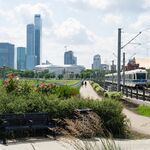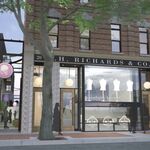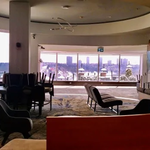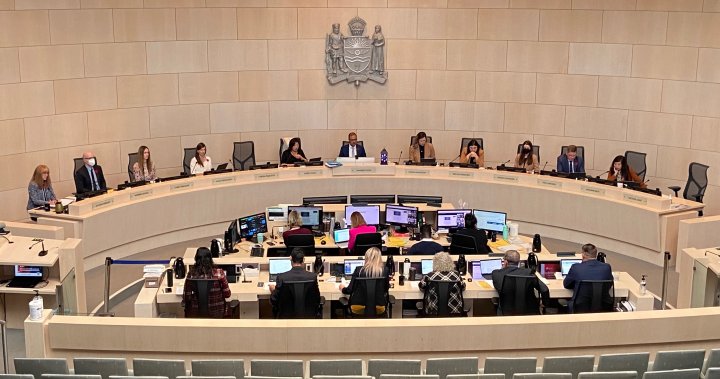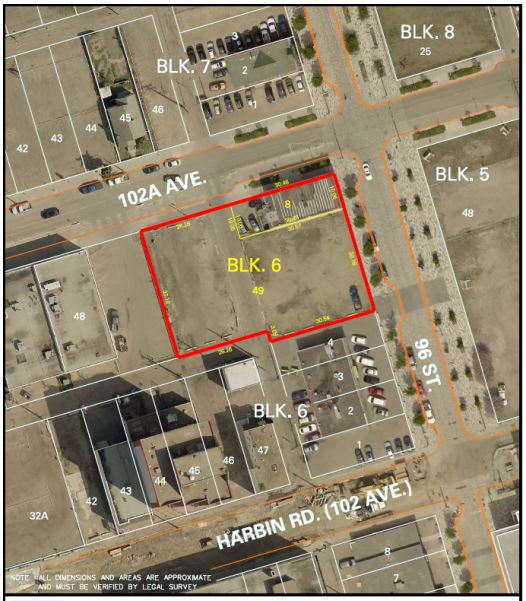dunno
Active Member
Well, what your post seems to be arguing is to concentrate on development that will prioritize attracting wealthier groups of people. The problem is that doing so necessarily gentrifies an area, which will displace the existing low-income residents in Boyle Street. So it won't remain mixed income for very long. Considering the fact that we already prioritize attracting wealthier people to pretty much any other redevelopment area, I'm ok with this one being left off the gentrification table, especially considering the networks of existing community for those in poverty already exist in neighbourhoods like Boyle Street and the services that are most beneficial to them are in the surrounding area.No? I think the ideal should always be to have mixed incomes. Needless to say if we are trying to achieve this in the Boyle area more low income housing is not what the area needs right now.
Having a concentration of poor people isn't a problem in and of itself. Assuming that poor people are a problem best considered in small doses is quite paternalistic and patronizing. Do we have problems with neighbourhoods focused on specific ethnic minorities, or queer villages, or university areas that fixate on 18-22 year olds? No. So why do you have a problem with poor people congregating? I know, I know, look at the endless examples of "ghettos" and the like, right? I'm not denying that there's problems that arise when there's a heavy density of poor people, but diluting them doesn't have to be the answer. Generally speaking, the issues that arise from that concentration of poverty are because you're seeing a concentration of the social marginalization inflicted on poor and often racialized people. If those problems were eviscerated, and poor people were given the dignity and quality of life they deserve, you'd see a lot of the disorder and crime that's associated with concentrations of poverty gone.
